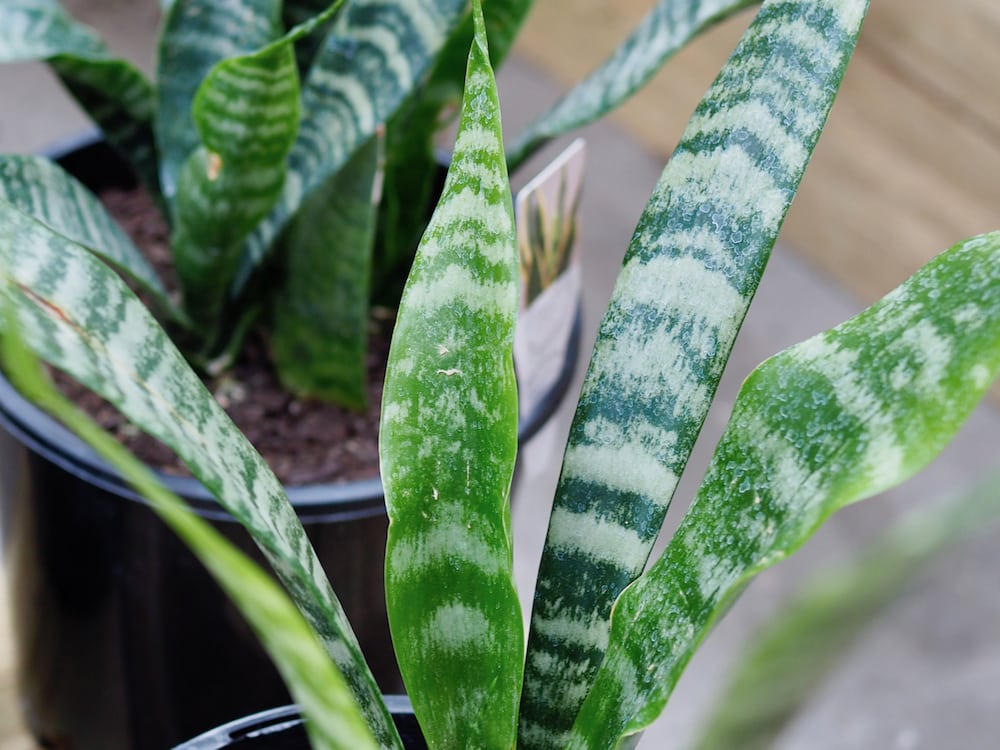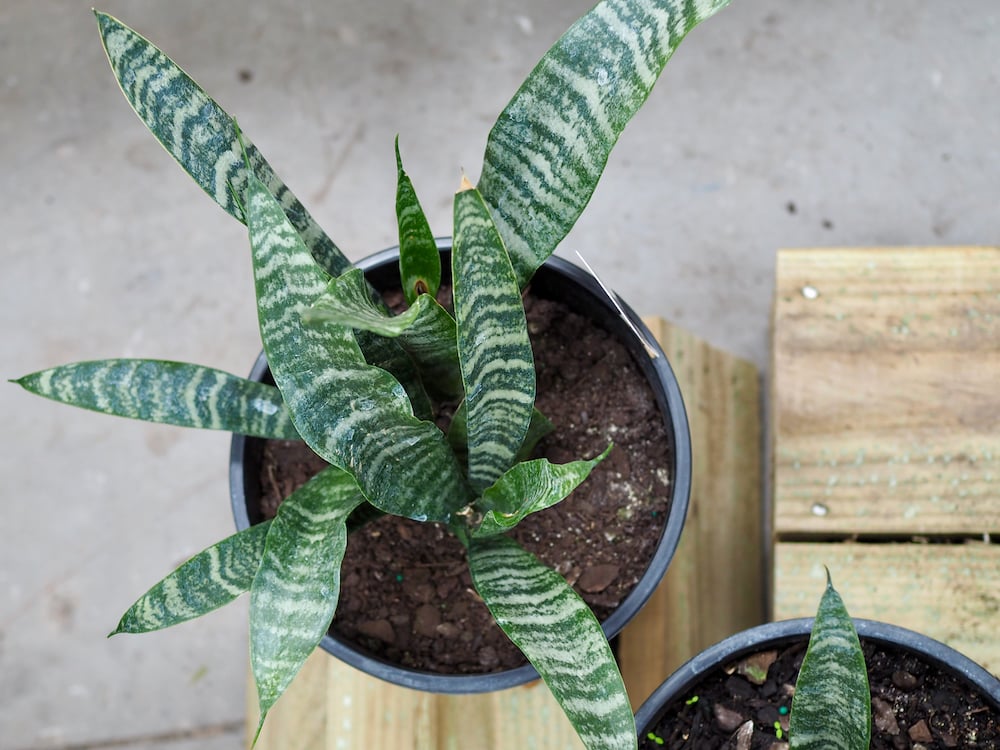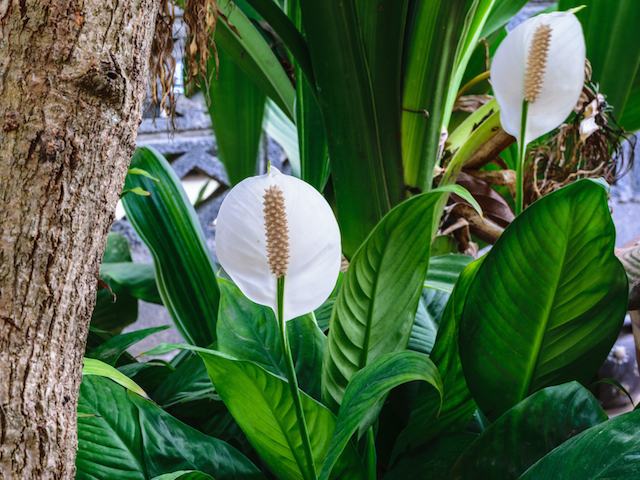The Benefits of Indoor Plants on Your Health

Take a look around your home. Do you have enough real greenery? If not, one of the best ways to bring your home to life is to add some indoor plants. Not only will they make your home look better and feel more welcoming and cosy, but they will also help improve your health.
Our friends from Diaco’s Garden Nursery have put together a list of the top 6 health benefits of indoor plants.
1. Indoor Plants Boost Your Immune System
Having indoor plants will help your immune system fight any viruses. They create an environment where you can relax and rest properly (we’ll get into in a little more bit later), and a rested mind and body generally means a stronger immune system.
This happens because plants have certain chemicals that help reduce your stress levels and this works as a natural boost to your immune system. Plus, when you’re around plants, you end up getting a lot of great chemicals that will aid you in fighting many illnesses. All of this explains why people who have indoor plants in their homes can more efficiently combat any bugs. They tend to have fewer headaches, coughs, skin issues, and even nausea.
In short, plants are powerful healers even if you just use them as decor.
Best indoor plants for your immune system: Aloe vera plants, chrysanthemums, and the classic mother-inlaws tongue.

2. They Increase Your Productivity
Does your office have any plants? If not, it’s time to change that!
Once again, since plants can so effectively reduce your stress levels (as well as reduce fatigue), they help you focus on your tasks and get them done timely and creatively.
In fact, in a study conducted in an office in the UK, employee productivity increased by 15% after indoor plants were introduced in the workplace.
Plus, indoor plants bring some colour and excitement to your workplace decor and who likes to work in a boring office anyway?
If you work from home, consider buying a couple of vases to add to the room. If you work in an office, tell your boss about this study. We’re sure they’ll be convinced!
Best indoor plants for productivity: Peace lily, philodendron, and lemon balm.

3. They Improve Air Quality
This is probably the most widely-known benefit of owning indoor plants.
The plants you have in your home or office remove toxins and pollutants from the air you breathe (and even convert them into energy), working as natural air purifiers. Given the fact that Australians spend 90% or more of their time indoors, it’s easy to understand why this benefit is so important.
Poor indoor air quality can result in headaches, allergies, fatigue, nausea, and more. If you can avoid these issues by using some gorgeous plants, why not?
Best indoor plants for air quality: English ivy, spider plant, and Chinese evergreen
4. They Help Improve Your Mental Health
If you visit a hospital or a rehab centre, you’ll often notice that there are indoor plants in some rooms and there’s a reason for that: plants can make you feel happier.
For one, because the green pop of colour and the pleasant scent of plants bring a bit of the outside to a room, which helps it feel more welcoming, calm, and open. No one likes feeling like they’re trapped inside a box.
Also, and if we want to get a bit more scientific, indoor plants release more oxygen into their air you breathe and, with more oxygen, your organism gets a natural boost and is able to work more effectively. As a result, your brain won’t feel as tired and you won’t feel as dull.
If all of that wasn’t enough, taking care of a plant will bring you a sense of accomplishment that can also make you feel a lot better.
Best indoor plants for mental health: Lavender, jasmine, and aloe vera plants
5. They Can Help With Allergies
Do you struggle with hay fever, allergies or asthma? If so, there are probably certain factors that worsen your symptoms, like air pollution, pollen, dust or mould.
The good news is, indoor plants can help you with all three of those harmful factors. Regarding air pollution, you can probably gather how it works: since plants are natural air purifiers, they will efficiently clean the air you breathe inside your home and get rid of air pollutants.
As for the pollen, indoor greenery works as a filter and catches this type of allergens for you. Needless to say, if you have a pollen allergy avoid daisies and sunflowers at all costs.
Finally, it’s been proven by NASA that rooms with certain types of indoor greenery tend to have less dust and mould.
Best indoor plants for allergies: Peace lily, bamboo plant, and Janet Craig
6. They Can Help You Sleep Better
Having trouble falling or staying asleep can have a huge impact on your wellbeing, so it’s important to look for efficient solutions promptly.
One thing that can help you get those crucial eight hours of sleep every night is having the right indoor plants in your bedroom. Firstly, because as you know now, plants help reduce stress levels, which is helpful if you have trouble sleeping because your brain simply can’t stop.
Furthermore, certain plants can be therapeutic due to their scent. If you haven’t tried aromatherapy for your sleeping issues, we say you give it a go.
Best indoor plants for sleep problems: Lavender, jasmine, and gardenia
Start Enjoying the Benefits of Indoor Plants Today
Now that you know about all of these benefits of indoor plants, you’re probably looking around and wondering if you should get some. The answer is yes! You’ll feel happier and healthier, and who doesn’t want that?
























